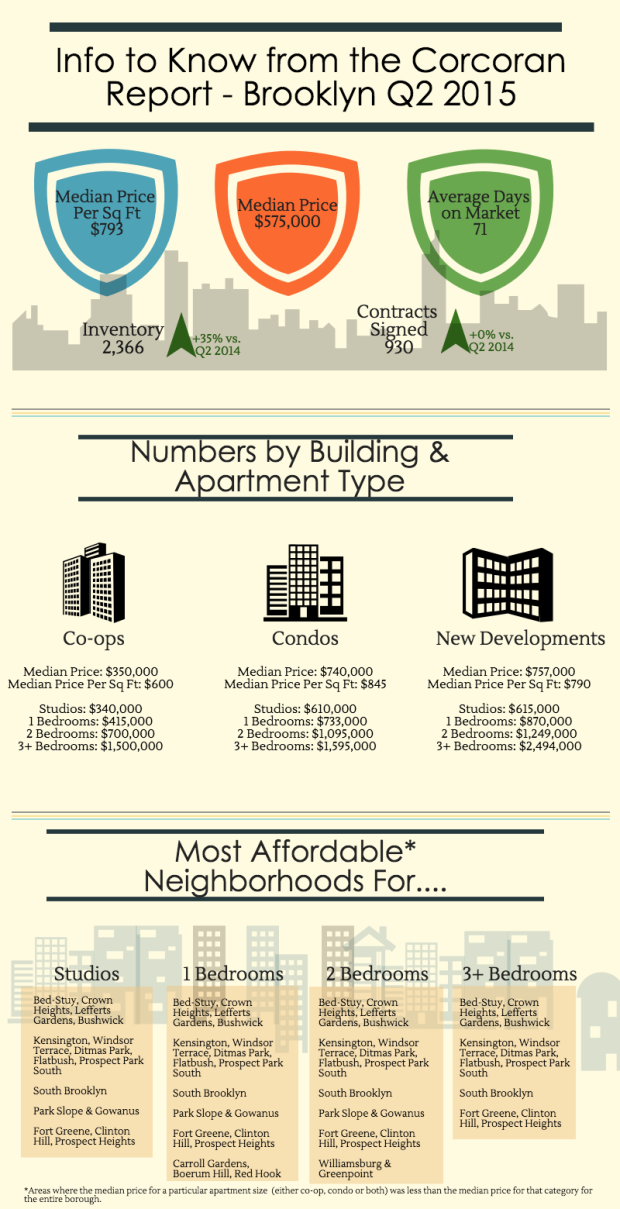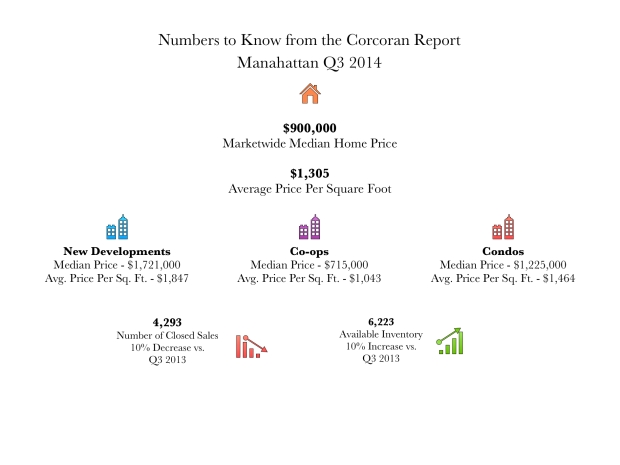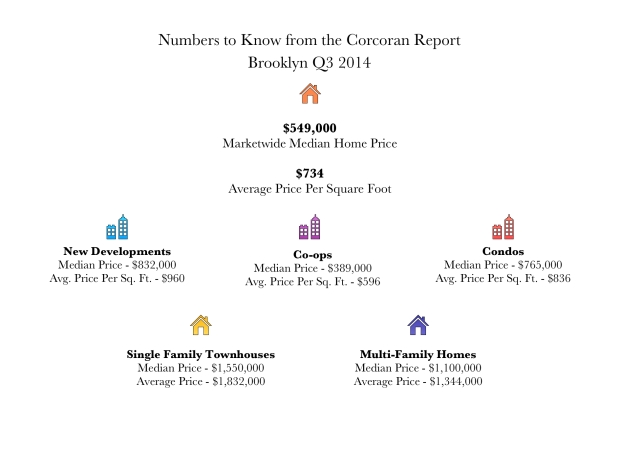
Moving Day! We all love it, right?
NOT!
No matter how big or small your apartment may be, moving can be incredibly stressful, especially in New York City. But here are a couple of things that you can do to help make your move a LOT less stressful.
- If at all practical, give yourself as much lead time for your move as possible. For renters – if you need to move by the first of the month, try to sign a new lease a few weeks (2 to 3 weeks) before that date. For buyers/sellers – work closely with the people on the other side of the deal to coordinate a closing and move out date. The more time you have, the more easily you can coordinate your move.
- Try to paint your apartment BEFORE you move in. It’s far easier to paint an empty apartment than one filled with furniture. If you’re able to get extra lead time for your move, then it’s pretty easy to get this accomplished. I painted my current apartment prior to moving in and it worked out great! However, for renters, if you want to try this, be sure to coordinate it with your landlord – you don’t want to interfere with whatever the landlord needs to do to prepare the apartment for your move-in. If you cannot get into your apartment early enough, unpack as few items as possible once you move in, and then paint.
- As soon as you find your new apartment, figure out what you will and will not need for your new digs. Establish a realistic budget for getting new items and have a plan for getting rid of old stuff (i.e. selling it on Craigslist or eBay or donating it to the Salvation Army). Watch out for budget busters – kitchen utensils and appliances, bathroom toiletries, home office items, etc. These things are small, but they add up quickly and can drain your wallet.
- Try NOT to wait until the last minute to pack. Make it more manageable by packing up one room at a time per day. To avoid having to go through your boxes once you’ve packed up, leave out items that you’ll be using in the days leading up to your move or put them in one separate box.
- Try using storage bins instead of cardboard boxes whenever you can. They can be reused in your new home on a regular basis for extra storage and they’re sturdier. Don’t want to keep storage bins around? You can rent them from places like JuggleBox. They will bring them to your old place and then pick them up from your new one.
- Set up your utility services and get an appointment to have your internet and cable services installed at your new address. Don’t wait until the last minute – during peak moving season, companies can sometimes require you to schedule an appointment anywhere from 1 to 2 weeks in advance.
- And don’t forget to coordinate the shut off/cancellation of services at your old address – it’s quite a pain to remember at the last minute that you have to drop off a cable box!
- Coordinate your move in with your landlord/building manager and book appropriate movers. The New York Times has a great article about how to choose a moving company and what to expect when moving into various types of buildings. Check it out HERE.
You may still have a few hiccups, even if you follow these tips, but you’ll probably have a lot less to worry about. Just be glad that New York City no longer has a city-wide Moving Day – imagine how much fun THAT would be nowadays…
Oh, and if you need help finding a new place to move to, feel free to reach out to me! 😉 Whether it’s a sale or a rental, I’m always glad to help!





